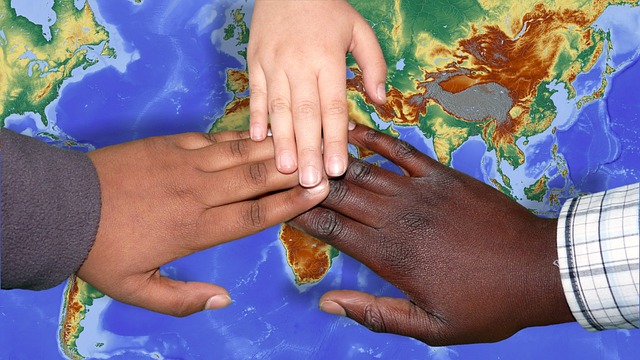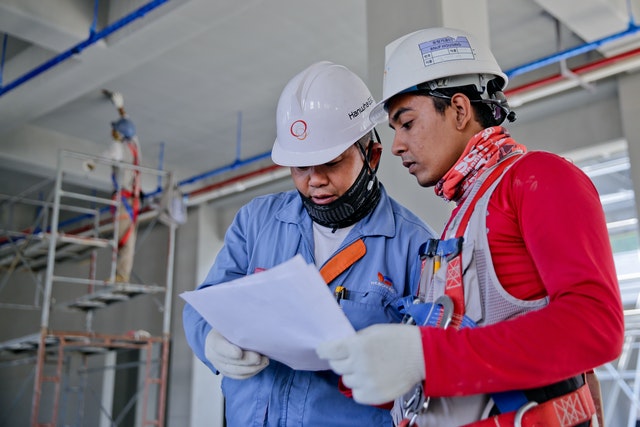
The African diaspora has frequently been a source of concern.
Over 30 million people have officially emigrated from northern and sub-Saharan Africa. Unrecorded migrants, children, and grandchildren significantly increase the number, though no reasonable estimates exist. Diaspora studies and research has critically examined recent state-led initiatives that engage diasporas for political and development purposes, known as diaspora strategies. Maintaining diaspora strategy will be a critical area of public policy in countries seeking to advance development through migration. Diaspora strategies complicate interpretations of development because countries at various stages of development seek to mobilize diaspora networks. Diasporas can be called upon to conduct high-level diplomatic negotiations on behalf of their home countries, as well as more mundane ways of flying the flag of their home countries through daily practices and interactions with host communities. Diasporas may also seek to shape domestic and foreign policy agendas in their home countries.
Diaspora is, perhaps by its very nature, a moving target.
This implies the concept of a social and historical process. It is dispersed, heterogeneous, and fragmented, with uncertain contours and incommensurable meanings. At the same time, it necessitates an engagement with both “roots” and “routes,” with the places where movement ceases and identities and explanations cohere – if only for a moment. Despite increased international movement, states continue to play a role in policing borders and monitoring migration. The morally arbitrary facts of birthplace and inherited citizenship, as well as state exclusionary policies, continue to severely limit the mobility of the vast majority. Return and circular migration are new phenomena; technologies are closing and opening up new forms of communication across borders while emphasizing continuity with older forms of communication and transportation. First and foremost, we should consider diaspora as a category of practice, and only then should we consider whether and how it can be usefully used as a category of analysis. “Diaspora” is used as a practice category to make claims, articulate projects, formulate expectations, mobilize energies, and appeal to loyalties. One of the central paradoxes of diaspora is whether the focus should be on the point of departure or the site (or sites) of arrival and settlement, which provide the descriptive parameters, or the site (or sites) of arrival and settlement. Another reason why diasporic places of origin are worth revisiting stems from the critique of diaspora theory as primarily focused on spaces of arrival in the global north and west’s urban centers.
“The concept of a social and historical process in diaspora is dispersed, heterogeneous, and fragmented, with uncertain contours and incommensurable meanings.“
– Eric Muhia
In recent years there has been a shift in thinking.
Instead of seeing skilled labour emigration as a loss, many economists and policymakers see it as an opportunity to gain new trade and investment projects and knowledge. Furthermore, migration raises domestic skill levels because citizens enrol in professional schools in the hope of finding a well-paying job with good working conditions abroad. By establishing knowledge exchange networks, diasporas’ skills can be tapped. Mentor-sponsor programmes in specific sectors or industries, joint research projects, peer reviewer mechanisms, virtual return (via distance teaching and e-learning), and short-term visits and assignments are examples of initiatives. Countries will need to survey the human resources available in their diasporas, create active networks, and develop specific activities and programmes to maximise the benefits of these activities. Some small pilot projects, for example, invite diaspora members to teach courses in African universities.
Countries both inside and outside Africa are implementing policies to increase the flow of financial resources, skills, and technology from diasporas. Furthermore, many countries are reorienting their embassies around the world to engage with the diaspora community. A few African countries have set up government agencies to encourage diasporas to invest, help local communities, and offer policy advice.
Such organisations also collect data on diasporas, provide information and counselling, consular services, and, at times, facilitate migrants’ participation in social security, housing, and insurance programmes at home. Government initiatives have taken various forms, ranging from the establishment of dedicated ministries to address the needs of migrant communities to the addition of specific functions to existing ministries such as foreign affairs, interior, finance, trade, social affairs, ministry, and youth. Furthermore, some governments have established councils or decentralised institutions to address migrant community issues, with varying degrees of success. So far, academics have argued that the size and economic capacity of diasporas are important as global material resources for rebel groups.
The position of a diaspora is an undervalued non–material dimension.
The central secessionist elites regard diaspora entrepreneurs living in a global state with significant decision-making power over the sovereignty struggle as crucial for lobbying. Even after their relationships with diaspora entrepreneurs in other states deteriorate, the leading secessionist elites maintain transnational ties with that diaspora. This is not to say that a diaspora will not be approached for fundraising, but its lobbying capacity may be prioritised. Diaspora lobbying is also prioritised in a state with a pluralist system of interest representation, where lobbies can be easily formed rather than cultivated over time through the party, business, and trade union systems, as in countries with corporate interest representation elements.
By: Eric Muhia
Author Image Attribution: Eric Muhia
Find out how our CONSULTANCY can help you with your Content Writing, Digital Marketing and PR requirements HERE.
Check out the latest diaspora, migration and diplomatic related Jobs HERE.
Submit your Press Release / Related Contributions HERE.
RELATED NEWS AND STORIES





